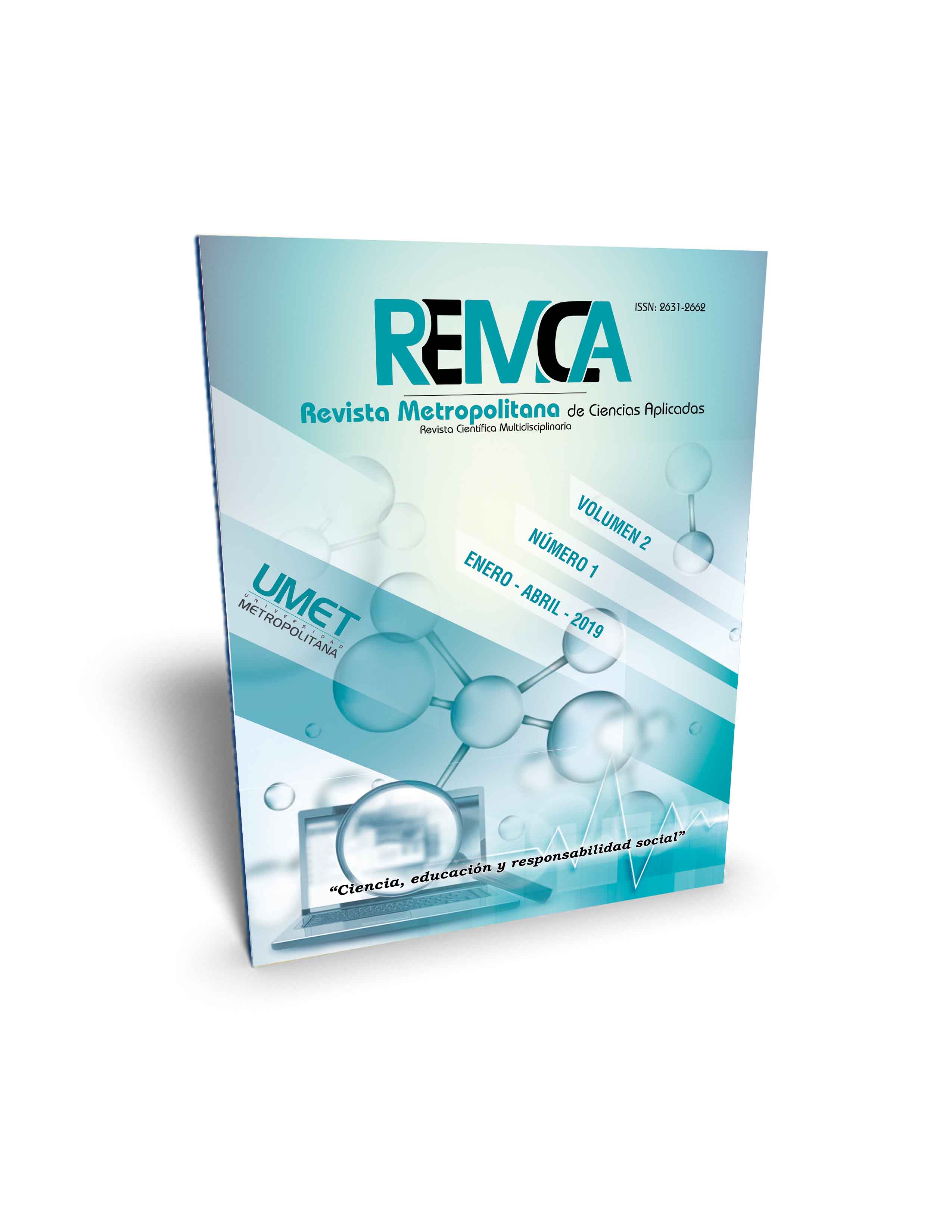The formation of the teacher of initial education, to stimulate the socio emotional development of children
DOI:
https://doi.org/10.62452/ec18ce52Keywords:
Socio-affective development, initial training, initial educationAbstract
In this article, emphasis is placed on the importance of socio-emotional stimulation in children under five years of age, as an incentive that allows them to organize their behavior and to develop the ability to learn from their strengths and needs, in an environment that facilitates affective experiences and relationships with their peers. An analysis is made of the role that teachers must play in stimulating the socio emotional area in the educational process with children, for which it is necessary to contribute to their preparation from the initial training, through the methodological design of the subjects that make up the curriculum. And its link with preprofessional practice, which allows the formation of the main competences that must have as a teacher to face the challenges of early education.
Downloads
References
Brasslavsky, C. (2006). Diez factores para una educación de calidad en el Siglo XXI. Revista Electrónica Iberoamericana sobre Calidad, Eficacia y Cambio en Educación, 4(2), 84-101. Recuperado de http://rubenama.com/articulos/Braslavsky_diez_factores_educacion.pdf
Fernández Berrocal, P., & Extremera, N. (2002). La inteligencia emocional como una habilidad esencial en la escuela. Revista Iberoamericana de Educación, 29(1), 1-6. Recuperado de https://rieoei.org/RIE/article/view/2869
Fernández Domínguez, M. R., Palomero Pescador, J. E., & Teruel Melero, M. P. (2009). El desarrollo socioafectivo en la formación inicial de los maestros. Revista Electrónica Interuniversitaria de Formación del Profesorado, 12(1), 33-50. Recuperado de http://www.aufop.com/aufop/uploaded_files/articulos/1240872524.pdf
Fernández Domínguez, M. R., & Teruel, M. P. (2005). La Educación emocional. Revista Interuniversitaria de Formación del Profesorado, 19(3), 21-25. Recuperado de http://www.redalyc.org/pdf/274/27411927006.pdf
Gutiérrez Pinzón, C. (2008). Estrategias para mejorar las habilidades sociales en niños y niñas de parvulario del Colegio Montessori British School. Bogotá: Universidad de la Sabana Instituto de Posgrados.
Martínez Mendoza, F. (2014). La estimulación temprana: enfoques; problemáticas y proyecciones. Recuperado de https://es.scribd.com/.../Enfoques-Teoricos-de-La-Estimulacion-e-Intervencion-Tempr.
Rodríguez, S. (2002). El diagnóstico para el tratamiento de los trastornos mentales y psicopedagógico del niño. San José, Costa Rica: EUNED.
Sanchez, M. A. (2011). Programa IEC para prevenir el maltrato infantil dirigido a los niños y niñas de la Escuela Colombia.Provincia de Chimborazo. (Trabajo de grado). Riobamba: Escuela Superior Politécnica de Chimborazo.
Soler Gómez, V. (2016). Desarrollo socioafectivo. Madrid: Síntesis.
Downloads
Published
Issue
Section
License
Copyright (c) 2019 Adalia Lisett Rojas Valladares, María Antonia Estévez Pichs, Azucena Monserrate Macías Merizalde (Autor/a)

This work is licensed under a Creative Commons Attribution-NonCommercial-ShareAlike 4.0 International License.
Authors who publish in Revista Metropolitana de Ciencias Aplicadas (REMCA), agree to the following terms:
1. Copyright
Authors retain unrestricted copyright to their work. Authors grant the journal the right of first publication. To this end, they assign the journal non-exclusive exploitation rights (reproduction, distribution, public communication, and transformation). Authors may enter into additional agreements for the non-exclusive distribution of the version of the work published in the journal, provided that acknowledgment of its initial publication in this journal is given.
© The authors.
2. License
The articles are published in the journal under the Creative Commons Attribution-NonCommercial-ShareAlike 4.0 International License (CC BY-NC-SA 4.0). The terms can be found at: https://creativecommons.org/licenses/by-nc-sa/4.0/deed.en
This license allows:
- Sharing: Copying and redistributing the material in any medium or format.
- Adapting: Remixing, transforming, and building upon the material.
Under the following terms:
- Attribution: You must give appropriate credit, provide a link to the license, and indicate if any changes were made. You may do this in any reasonable manner, but not in any way that suggests the licensor endorses or sponsors your use.
- NonCommercial: You may not use the material for commercial purposes.
- ShareAlike: If you remix, transform, or build upon the material, you must distribute your creation under the same license as the original work.
There are no additional restrictions. You may not apply legal terms or technological measures that legally restrict others from doing anything the license permits.




